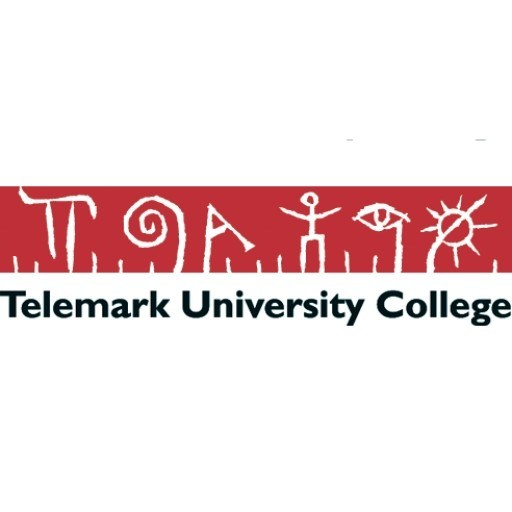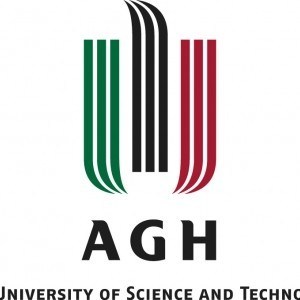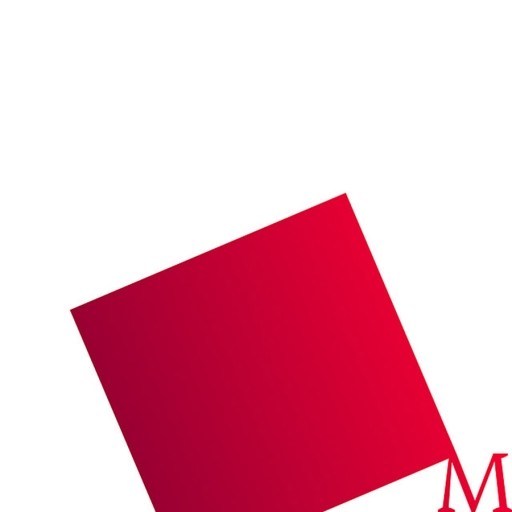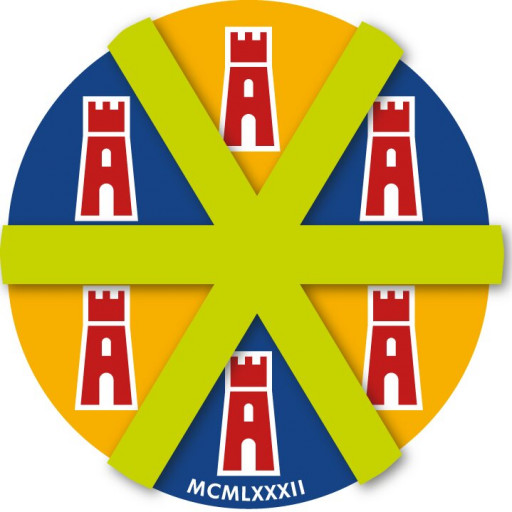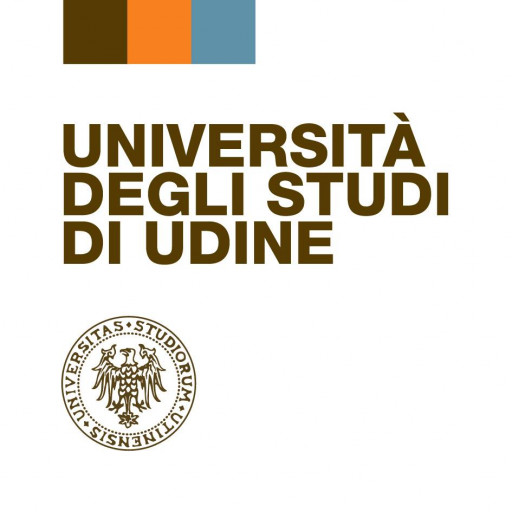Photos of university / #uniofexeter
Advertisement
The idea of a knowledge society presents new challenges for educational theories and practice and it is clear that there is considerable pressure on schools and educators to meet the diverse needs of current and future learners. It is against this backdrop of global change that this MEd pathway seeks to develop a critical and reflective programme of work for educational professionals who would like to enhance their understanding and knowledge around approaches to learning which meet the needs of learners in the 21st century. This programme will provide a coherent approach to teaching for education in the knowledge age.
This programme offers a clear focus on teaching and learning skills as well as a theoretical basis in which current perspectives in the fields of educational technology, creativity and thinking will be applied. You will be given the opportunity to develop an individual research project with a strong focus on improving personal educational practice. You will be able to become a part of including New Technologies for Education and Educational Dialogues, and to become involved with the Educational Futures Research Centre.
Compulsory modules
Introduction to Educational Research (30)
Dissertation (30)
Teaching and Thinking in the Internet Age (30)
Digital Futures for Education (30)
Technology, Creativity and Thinking Pathway:
Creativity and Education Futures (30)
Educational Technology in Practice (30)
Option modules
30 credits of elective modules from the various MEd pathways:
Creative Arts Pathway:
Arts in the Curriculum (30)
The Arts & Educational Futures (30)
SEN Pathway:
International Perspectives: inclusion, disability & diversity (30)
Critical Perspectives in Inclusive & Special Education (30)
TESOL Pathway:
Foreign Language Testing & Assessment (15)
Developing an Appropriate Language Teaching Methodology (15)
Developing Language Teachers (15)
Issues in Developing an Appropriate Methodology (30)
Teaching English to Young Learners (15)
Principles of Language Learning for TESOL (30)
Developing Practical Knowledge for TESOL Teaching (30)
New Technologies in Language Learning (15)
Issues in English Language Teaching (15)
Discourse and Language Educations (15)
Teaching and Researching English for Academic Purposes (15)
Want to improve your English level for admission?
Prepare for the program requirements with English Online by the British Council.
- Flexible study schedule
- Experienced teachers
- Certificate upon completion
📘 Recommended for students with an IELTS level of 6.0 or below.

Accreditation
Exeter is a top UK University, according to all four of the main higher education league tables
Each league tables ranks more than 100 UK higher education institutions.
The Times and the Sunday Times Good University Guide ranks Exeter in 8th position. It says: Exeter is one of Britains most popular universities in terms of first-choice applications, not only in its traditional strong suit, the arts, but increasingly in the sciences and social sciences.
The Sunday Times in 2012 named Exeter 'Sunday Times University of the Year 2012/13'.
It said: 'Exeters success as The Sunday Times University of the Year is richly deserved. Shortlisted for the top award no less than four times in the past decade, it has consistently embodied the very best in British higher education. A key player regionally, nationally and internationally, it has responded to the challenge of £9,000 fees by raising its game more than any other university. Students are benefitting from £380m of investment in facilities social as well as academic timed to come on stream at just this moment. This has translated into its highest ever league table ranking (seventh) and outstanding ratings from students for teaching quality, assessment and feedback. More than four in five leave with a first or 2:1 and very few drop out. It is not hard to see why.'
This years Guardian league table lists Exeter in 12th position out of 120 higher education institutions. It says: One of the lesser-known recipes for happiness is to live in a place where other people choose to go on holidayAdd to that the fact that the Streatham Campus is widely regarded as one of the most beautiful in the country and that Exeter is rated one of the best universities in the UK for "ents", and it's no wonder that increases in applications far exceed the national average.Exeter has an excellent academic reputation.
The Complete University Guide published in the Independent lists Exeter in 10th place.
Exeter is one of the top 150 universities in the world according to the Times Higher Education's World University Rankings.
The University is ranked 168th in the QS World University Rankings.

